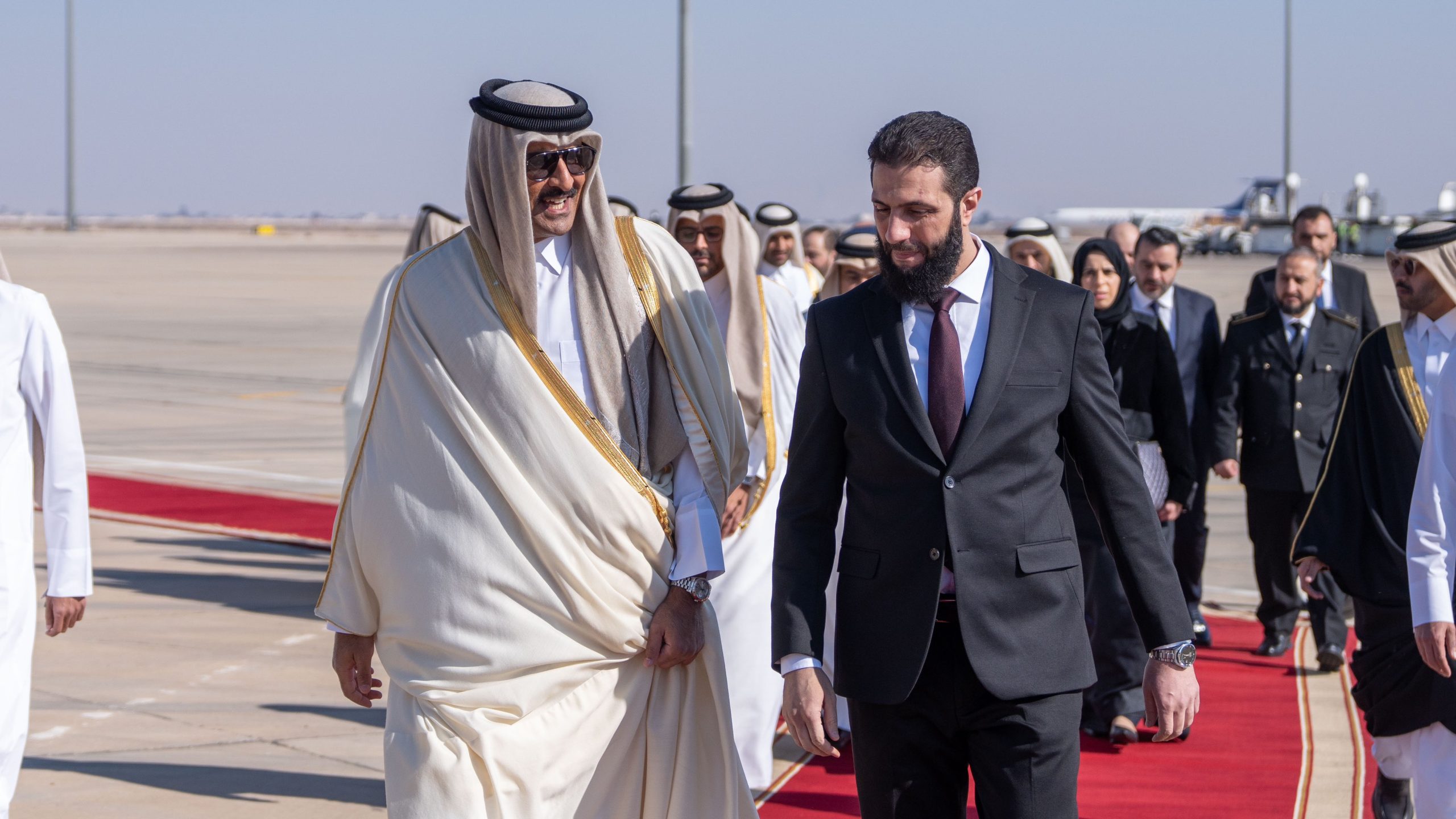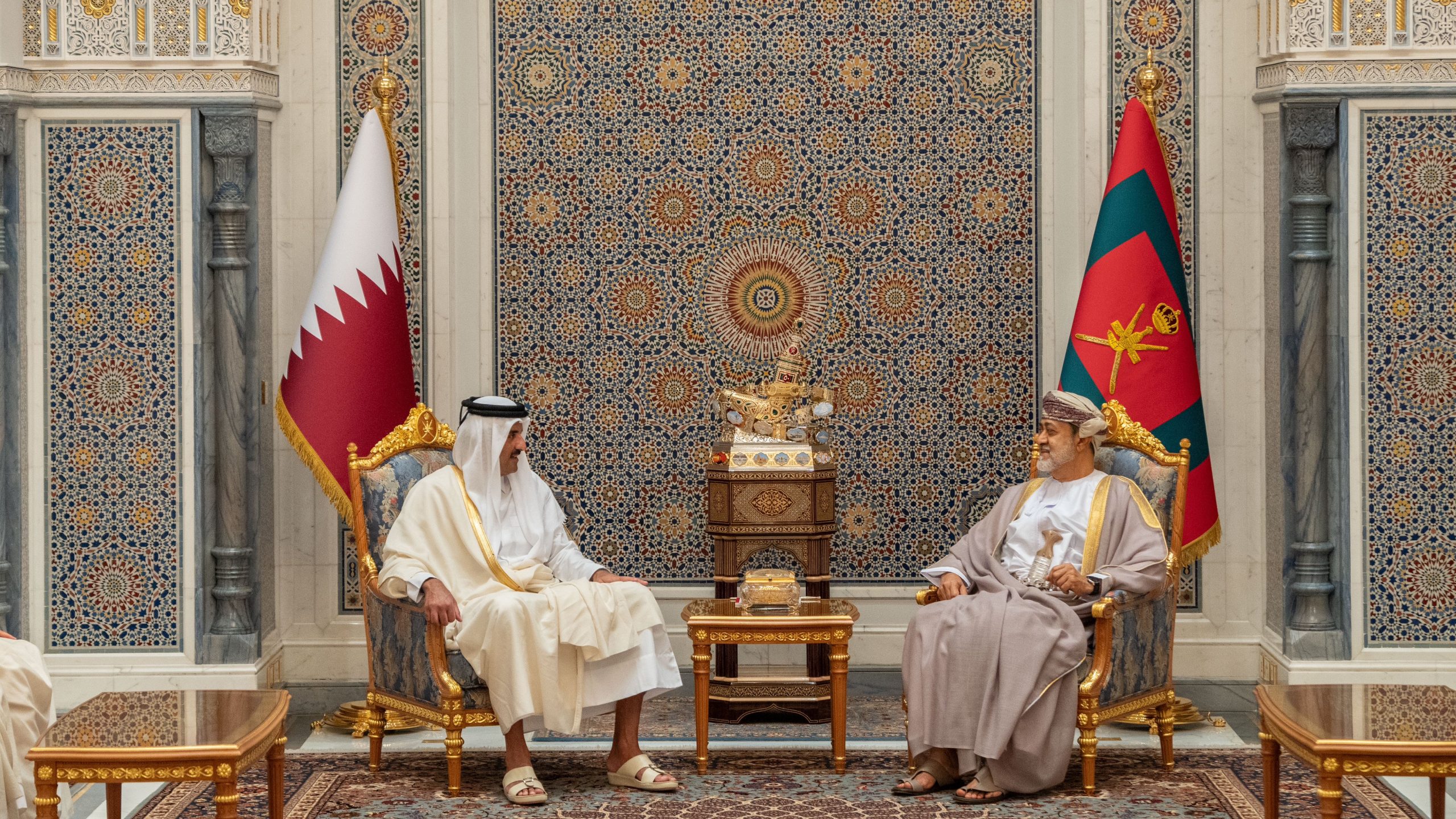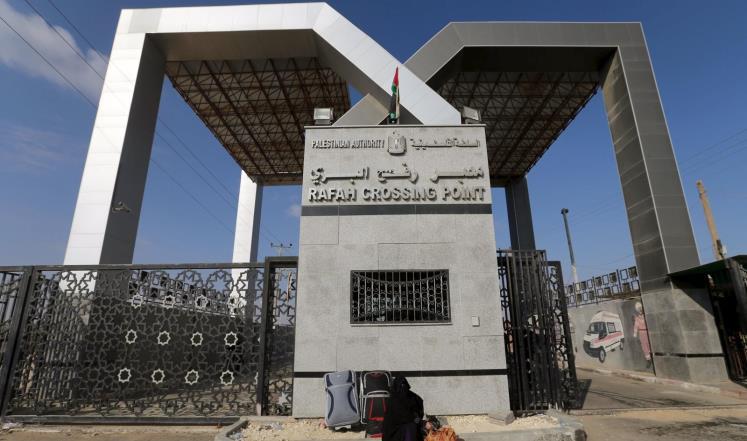The International Monetary Fund forecasts say Qatar’s economy growth is set to expand by 5.4% in 2022 alone and produce a surplus of roughly $45 billion.
Qatar’s Minister of State for Energy Affairs Saad Al-Kaabi met with Turkish Minister of Energy and Natural Resources Fatih Donmez in Doha on Wednesday during his visit to the Gulf state.
“Discussions during the meeting dealt with energy relations and cooperation between Qatar and Turkey and means to enhance them,” said QatarEnergy, without disclosing further details of the meeting.
Donmez was in Oman on Tuesday, where he also met with his Omani counterpart Salim Al Aufi to discuss investment opportunities in the oil and gas sector.
Qatar News Agency (QNA) also noted that the Turkish official’s regional visits aim at discussing ways to strengthen cooperation in mining fields.
His visit also comes as the world grapples with an ongoing energy crisis triggered by the Covid-19 outbreak along with the Russian invasion of Ukraine. Despite the challenges, Qatar has proven to be a reliable energy partner for global partners in the industry.
This is primarily due to the Gulf state moving towards dominating the global production of liquified natural gas (LNG) under its major North Field Expansion project, the biggest of its kind in the world.
International Monetary Fund forecasts say Qatar’s economy growth is set to expand by 5.4% in 2022 alone and produce a surplus of roughly $45 billion.
Ankara is heavily reliant on imported oil and gas with a 74% import dependency. It is also the second in terms of global energy demand, a position that it has maintained over the past two decades, according to Turkey’s foreign ministry.
The country is located near at least 60% of the world’s proven oil and natural gas reserves, making it one of the biggest natural gas and electricity markets in its region.
Russia was Turkey’s main gas supplier in the early 2000’s before it diversified its energy suppliers, stretching out to Iran in 2001 and Azerbaijan in 2007.
It recently expanded the capacity of its pipelines by introducing new lines, including the TurkStream route from Russia and the TANAP route from Azerbaijan.
Currently, Turkey gets its oil from Iran, Iraq, Russia and Saudi Arabia.
Meanwhile, Turkey has been serving as an avenue for diplomacy in an effort to reach a political solution to the ongoing war in Ukraine by hosting meetings between officials from Moscow and Kyiv.
According to reports, Turkey has not abandoned its ties with Russia in light of the ongoing war in Ukraine and has instead doubled its imports of Russian oil.
So far, Turkey has imported 200,000 barrels per day (bpd) in comparison to 98,000 bpd during the same period in 2021.
Turkey’s inflation rate has been on the rise, reaching 73.5% in May this year, its highest in 23 years, per a CNBC report. Analysts have also warned of a further increase in inflation if no solution is put in place.







